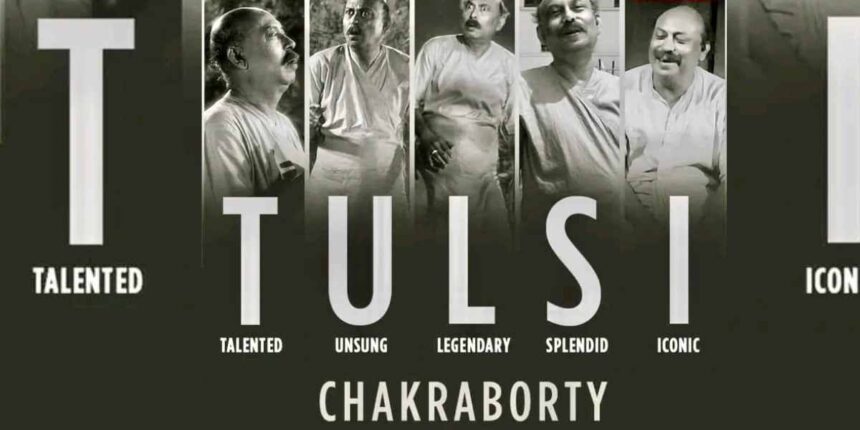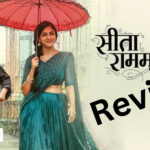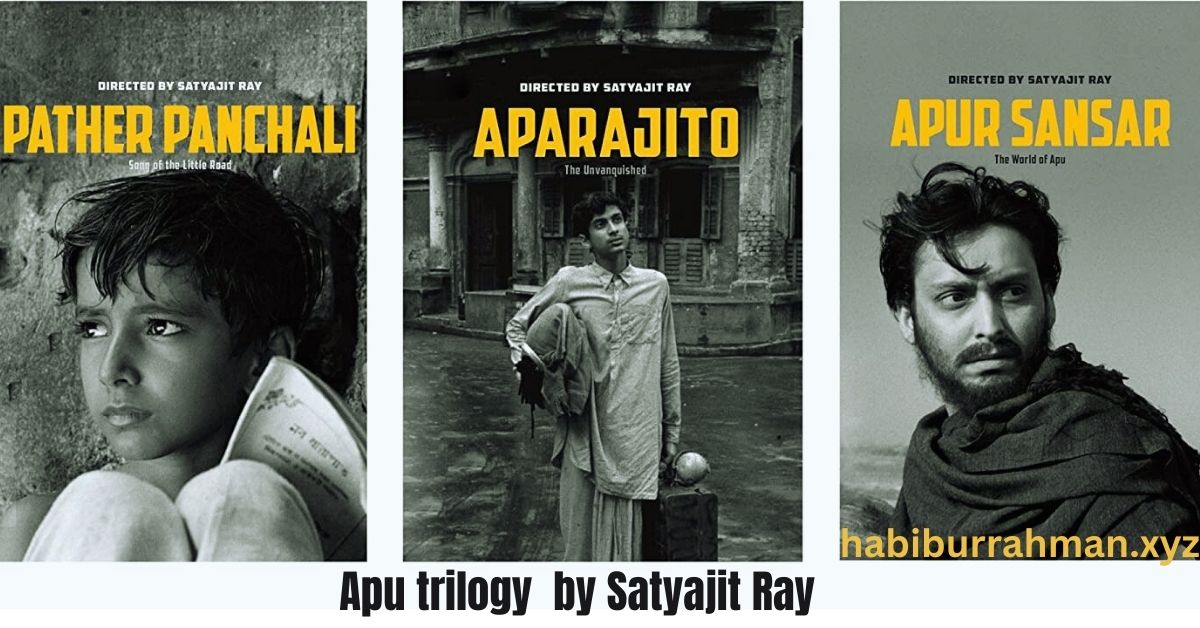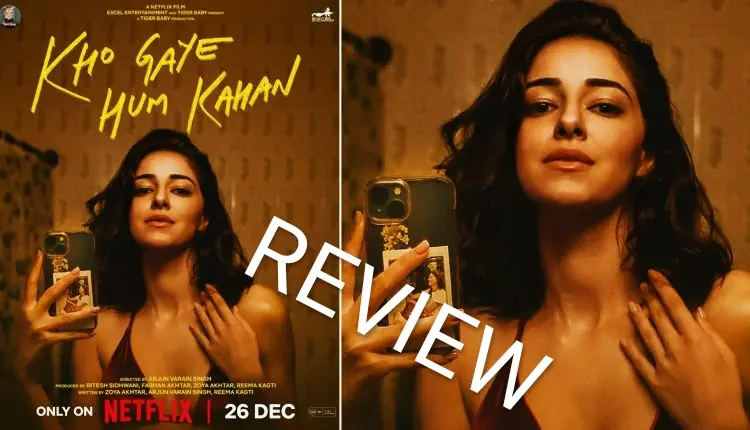Remembering the unsung genius of Tulsi Chakraborty
Tulsi Chakraborty was a legendary and criminally underutilized Bengali actor whose acting prowess had always emerged sporadically, until he was cast in the central role of Satyajit Ray’s comic masterpiece “Paras Pathar” in 1958. Ray shot Paras Pathar while he was on a break from filming “Jalsaghar” since his principal actor for the latter, Chhabi Biswas, was in Berlin to collect an award. Paras Pathar turned out to be one of Ray’s masterpieces. It was essentially Ray’s maiden foray into comedy and eventually turned out to be much more than a stop-gap film. This film has become synonymous with the acting brilliance of Tulsi Chakraborty, who till then was used sparingly by directors with the prime motive of making the audience laugh.
Tulsi Babu started his acting career in the early ’30s, but his first memorable role was in the hilarious comedy film “Saare Chuattor” in 1953. This film boasted of several phenomenal comedians, including Bhanu Bandyopadhyay and Jahar Roy, yet Tulsi Chakraborty, as the owner of a mess building (ably aided by Molina Devi as his wife), was one of the pivotal elements of this film. “Saare Chuattor” is historically & culturally important film, since it launched the iconic and celebrated pair of Uttam Kumar–Suchitra Sen for the first time in Bengali cinema. Sadly, for Tulsi Chakraborty, things mostly went southward even after the thunderous success of “Saare Chuattor”.
Tulsi Chakraborty spent his early life like a bohemian. He delved into a number of occupations for a living, including being a clown in Bose’s Circus Party, with whom he went to Burma. It was here that he learnt to speak Urdu and Farsi while interacting with his fellow inmates of the circus and later became a skilful khayals and thumri singer as well. Upon his return to his hometown Calcutta, he joined theatre and eventually forayed into acting in films. In spite of making sizable contributions on screen, his remuneration was startlingly minuscule (as paltry as fifteen rupees a day).
Tulsi Babu’s performance in “Paras Pathar” mesmerized the audience and critics alike. His nuanced growth from a simpleton clerk of a government office who is doubtful, god-fearing and unambitious, to a wealthy man, thanks to the philosopher’s stone, was absolutely brilliant. Noted film critic Marie Seton recalled ‘In the whole range of the remarkable performances in Ray’s films none surpasses in subtlety of emotional variation that of the late Tulsi Chakraborty as Paresh Dutta. This previously little-known actor created the memorable cameo of the pundit-grocer in Pather Panchali.’
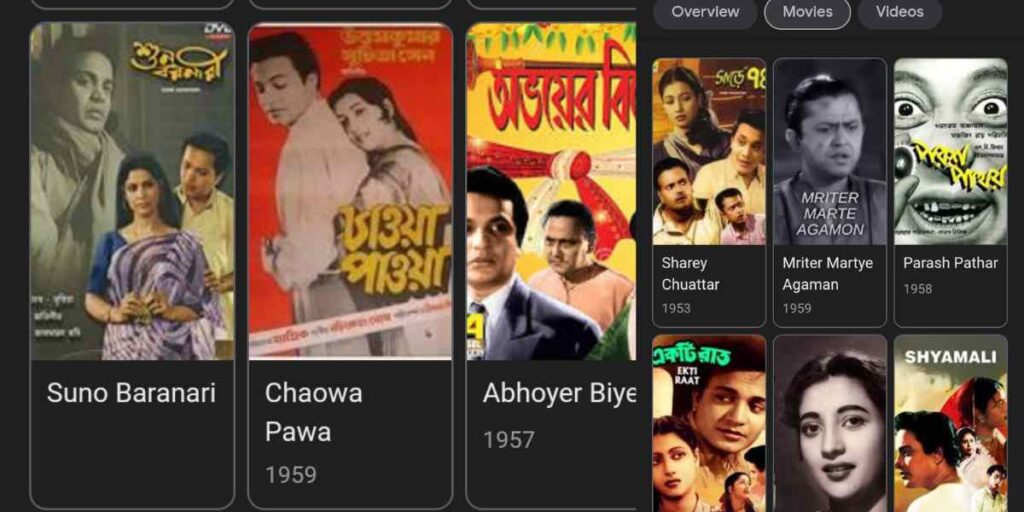
Andrew Robinson, on the other hand, was even more eloquent in his praise for him, ‘Chakravarti recalls Chaplin at his best. Instead of a moustache he has a pair of eyes as bulbous as a frog’s which he opens wide with every emotion known to Man.’
Despite comedy being his forte, Chakraborty displayed remarkable versatility, effortlessly transitioning between hilarious characters and more nuanced roles. His performances in films like “Ekti Raat” left an enduring mark on Bengali cinema, solidifying his status as an acting powerhouse. Chakraborty’s natural flair for comedy, combined with his ability to infuse depth into his characters, always managed to hold his viewers at awe.
Any director who could utilize even a reasonable amount of the abundant talent of Tulsi Babu’s craft would consider himself fortunate. He had a skill to pull off any difficult scene with aplomb. It was his eyes, unique voice and inimitable expressions that has contributed to his aura, not to forget his legendary ‘signature’ full throated laughter.
Ray strongly believed that Tulsi Chakravarty’s death did create a void in Bengali cinema. Having a comical appearance isn’t enough to be a successful comedian. It is possible to be a comedian of the stature of Tulsi Chakravarty only if he possesses a special comic sense and terrific acting prowess, in addition to comical looks.
In the work of such a comedian, there can never be room for slapstick, though unfortunately, at times Tulsi babu was forced to resort even to that. There is no record of how many actors have become victims of a certain malpractice, both in cinema and the theatre, which calls for choosing one single aspect of the work of a multifaceted actor just because the audience likes it, and casting every performance in the same mould, thereby successfully putting a stop to the complete development of all his talents.
Be it slapstick or true comedy, there is no one in Bengal at present who can take Tulsi babu’s place. It is impossible, therefore, to portray on the screen several comic characters that one may find in literature. Hence in Ray’s own words, a “Paras Pathar” is inconceivable without Tulsi Chakraborty, much like he couldn’t think of “Jalshaghar” without Chhabi Biswas, “Nayok” without Uttam Kumar or on a slightly different note a “Pather Panchali” without a Chunibala Debi.




